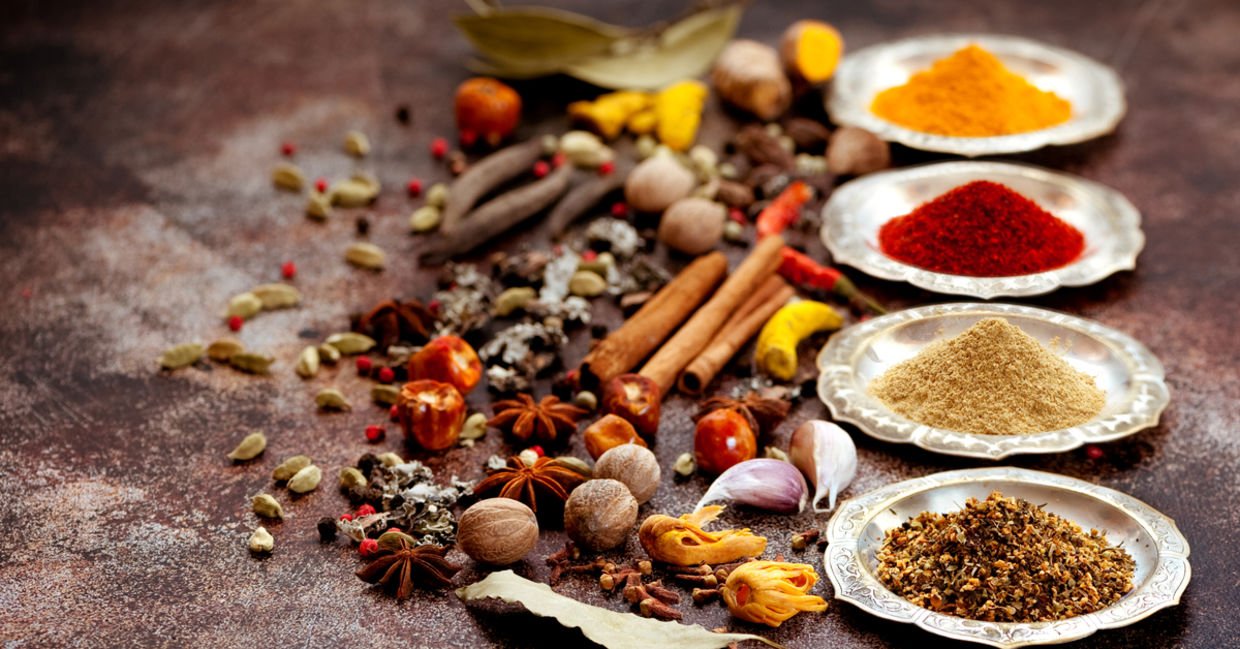You may have heard the saying — “feed a cold, starve a fever.” The phrase refers to eating when you have a cold, and fasting when you have a fever.
Some claim that avoiding food during an infection helps your body heal.
Others say that eating gives your body the fuel it needs to quickly recover.
This article explores whether fasting has any benefits against the flu or common cold.
What Is Fasting?
Fasting is defined as the abstinence from foods, drinks or both for a period of time.
Several types of fasting exist, the most common of which include:
- Absolute fasting: Involves not eating or drinking, usually for a short period.
- Water fasting: Allows intake of water but nothing else.
- Juice fasting: Also known as juice cleansing or juice detoxing, and usually involves the exclusive intake of fruit and vegetable juices.
- Intermittent fasting: This eating pattern cycles between periods of eating and periods of fasting, which can last up to 24 hours.
BOTTOM LINE:
There are several ways to fast and each has its own way of restricting the intake of foods and beverages.
How Does Fasting Affect Your Immune System?
Fasting forces your body to rely on its energy stores to sustain normal function.
Your body’s first store of choice is glucose, which is mostly found as glycogen in your liver and muscles.
Once your glycogen is depleted, which generally occurs after 24–48 hours, your body starts using amino acids and fat for energy .
Using large amounts of fat as a fuel source produces by-products called ketones, which your body and brain can use as a source of energy .
Interestingly, one particular ketone — beta-hydroxybutyrate (BHB) — was observed to benefit the immune system.
In fact, researchers at the Yale School of Medicine observed that exposing human immune cells to BHB in amounts you’d expect to find in the body following 2 days of fasting resulted in a reduced inflammatory response .
Furthermore, recent research on mice and humans showed that fasting for 48–72 hours may also promote the recycling of damaged immune cells, allowing for the regeneration of healthy ones .
It’s important to mention that the exact ways in which fasting affects the immune system are not yet fully understood. More studies are needed.
BOTTOM LINE:
Why Fasting May Help You Recover from Colds or the Flu
Common cold and flu-like symptoms can be caused by either viruses or bacteria.
To be perfectly clear, cold and flu infections are initially caused by viruses, specifically the rhinovirus and influenza virus.
However, being infected with these viruses lowers your defense against bacteria, raising your chances of simultaneously developing a bacterial infection, whose symptoms are often similar to your initial ones.
Interestingly, there is research to support the idea that the lack of appetite you often feel during the first few days of an illness is your body’s natural adaptation to fighting the infection .
Below are three hypotheses that attempt to explain why this might be true.
- From an evolutionary perspective, lack of hunger eliminates the need to find food. This saves energy, reduces heat loss and essentially allows the body to focus solely on fighting off the infection .
- Abstaining from eating limits the supply of nutrients, such as iron and zinc, that the infecting agent needs to grow and spread .
- The lack of appetite often accompanying an infection is a way to encourage your body to remove infected cells through a process known as cell apoptosis .
Interestingly, results from a small study suggest that the type of infection may dictate whether eating is beneficial or not (.This study suggested that fasting may best promote healing from bacterial infections, while eating food may be a better way to fight viral infections .
A previous experiment in mice with bacterial infections supports this. Mice that were force-fed were less likely to survive compared to mice allowed to eat according to appetite .
All the studies so far seem to agree that the beneficial effects of fasting are limited to the acute phase of infection — usually lasting up to just a few days.
However, there are currently no human studies examining whether fasting or eating have any effects on the common cold or flu in the real-world.
BOTTOM LINE:
Fasting and Other Diseases
In addition to the potential benefits against infections, fasting may also help with the following medical conditions:
- Type 2 Diabetes: Intermittent fasting may have positive effects on insulin resistance and blood sugar levels for some individuals .
- Oxidative stress: Intermittent fasting may help prevent disease by limiting oxidative stress and inflammation .
- Heart health: Intermittent fasting may reduce heart disease risk factors like body weight, total cholesterol, blood pressure and triglycerides .
- Brain health: Animal and human studies suggest that fasting may protect against neurodegenerative diseases such as Alzheimer’s, Parkinson’s and Huntington’s disease .
- Cancer: Short periods of fasting could protect cancer patients against chemotherapy damage and increase treatment effectiveness .
Of note, intermittent fasting has also been shown to cause weight lossThus, some of the aforementioned health benefits may be due to the weight loss caused by fasting, as opposed to fasting itself .
BOTTOM LINE:
Eating Certain Foods Can Be Beneficial Too
So far, there is only limited evidence that fasting improves the common cold or flu.
On the other hand, a number of studies suggest that eating certain foods may improve cold and flu symptoms.
Best Foods to Fight Cold Symptoms
Warm liquids, such as soups, provide both calories and water. They have also been shown to reduce congestion .Some people report that eating dairy thickens mucous, leading to increased congestion. However, the evidence for this is strictly anecdotal.
On the other hand, drinking enough makes the mucus more fluid, making it easier to clear. So make sure to stay well hydrated.
Finally, foods high in vitamin C, such as oranges, mango, papaya, berries and cantaloupe, could also help reduce the severity of symptoms .
BOTTOM LINE:
The best foods and liquids to consume during a cold include soups, warm beverages and foods rich in vitamin C.
Best Foods to Fight Flu Symptoms
When trying to reduce stomach symptoms associated with the flu, it’s best to stick to eating bland, easily digested foods.Examples include clear soup broths or meals consisting exclusively of fruit or starches, such as rice or potatoes.
To ease an upset stomach, try staying away from irritants, such caffeine and acidic or spicy foods. Also consider avoiding extremely fatty foods, which take longer to digest.
If you’re feeling nauseous, try incorporating some ginger into your diet .
Finally, make sure to stay hydrated. Adding a pinch of salt to your fluids will also help replenish some of the electrolytes lost through sweat, vomiting or diarrhea.
BOTTOM LINE:
Bland and easily digested foods are best when you have the flu. Drinking plenty of fluids is important, and adding ginger may help reduce nausea.
Best Foods to Prevent the Common Cold or Flu
Surprisingly, your digestive system makes up over 70% of your immune system .This is largely due to the large amounts of beneficial bacteria that reside there, which can be reinforced by taking probiotics.
Probiotics help prevent harmful bacteria from taking over your intestines or entering your bloodstream, effectively protecting you from infection.
You can find them in probiotic foods like yogurt with live cultures, kefir, sauerkraut, kimchi, miso, tempeh and kombucha.
To ensure these beneficial bacteria continue to multiply, make sure to also favor a diet rich in prebiotics, such as bananas, garlic, onions and dandelion greens.
Garlic, in addition to being a prebiotic, contains compounds shown to prevent infection and boost defenses against the common cold and flu .
Finally, ensure that you are eating plenty of nutrient-dense, whole foods.
BOTTOM LINE:
Consuming prebiotics, probiotics, garlic and having an overall healthy diet may help prevent you from catching a cold or the flu.
Should You Fast When You’re Sick?
Based on the current evidence, eating when you’re hungry seems to be a good idea.
Yet, there is no reason to force yourself to eat if you don’t feel hungry.
Regardless of whether you eat or not, keep in mind that consuming adequate fluids and getting enough rest remains key.





